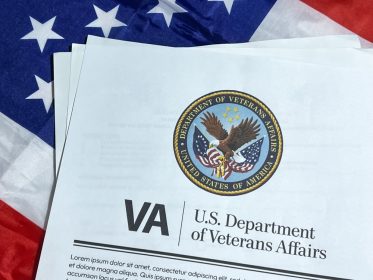Latest News
AOC Was Humiliated By a Texas Democrat For One Reason She Never Expected
Alexandria Ocasio-Cortez fancies herself as the leader of the Democrat Party. Not everyone is on board. And AOC…
December 7, 2025
Britain’s Top Official Was Busted Running a Secret Campaign to Silence American Conservatives
Americans fought a revolution to throw off British tyranny. Now the British government is trying to control American…
December 7, 2025
Greg Gutfeld left Democrats speechless when he exposed one truth about their fake news game
Democrats and their media allies have been running the same con for a decade. They’ve become political hit…
December 7, 2025
Candace Cameron Bure spoke one fact about cancel culture that left Hollywood fuming
Hollywood tried to destroy Candace Cameron Bure for standing up for her faith. The "Full House" star refused…
December 7, 2025
Rosie O’Donnell Told One Nasty Lie About Melania Trump That Put Jaws On The Floor
Rosie O'Donnell and Donald Trump have been bitter enemies for nearly 20 years. But she took their feud…
December 6, 2025
Barack Obama told one big lie that turned him into a national punchline
Barack Obama still thinks he can sell Americans on the same old lies. But nobody's buying what he's…
December 6, 2025
An investigation exposed this government betrayal destroying American jobs
American workers just learned how they're being replaced by an underground operation most never knew existed. The scheme…
December 6, 2025
RINO sellouts teamed up with Democrats to stop Trump’s plan to help veterans
President Trump freed VA employees to focus on caring for veterans instead of serving union bosses. But a…
December 6, 2025
A January 6 lawsuit will expose one scandal the Swamp wanted buried forever
Trump supporters were treated like enemies of the state by the Biden DOJ. The curtain is being pulled…
December 5, 2025
Megyn Kelly took off the gloves after CNN launched this vicious attack
Democrats and their media allies are using increasing dangerous rhetoric. They want to put a bullseye on conservatives.…
December 5, 2025















